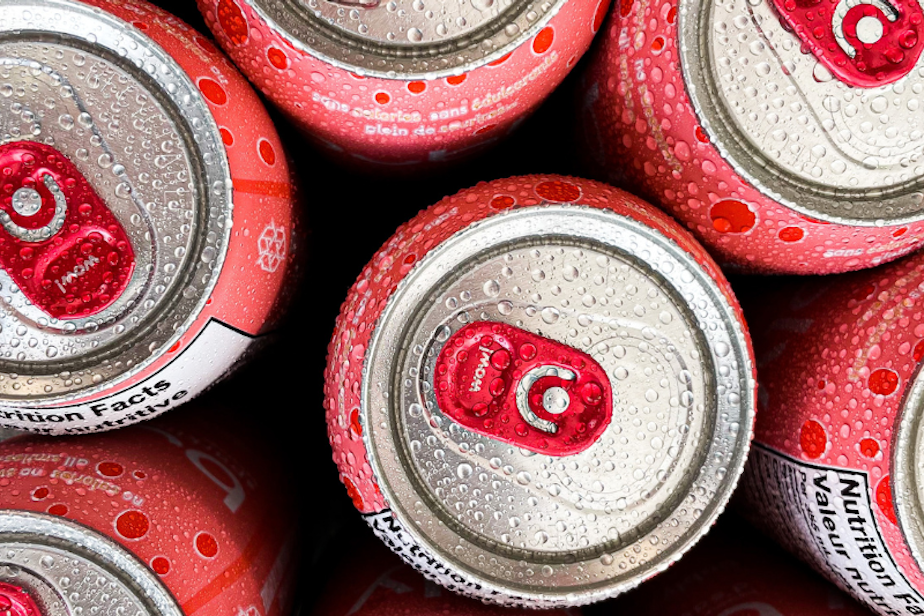Soda tax-funded programs largely safe, despite lower pandemic revenue

When Seattle started taxing soda and sugary drinks in 2018, part of the intent was to reduce consumption. The good news: people drank less soda. The bad news: it meant reduced funds for programs that help vulnerable communities.
As the city council prepares to vote on the 2023 budget, it made some changes to avoid deep cuts. But it’s a short-term fix.
Seattle’s soda tax revenue is down $4.5 million dollars. That’s because fewer people are going out to eat, and restaurants aren’t buying sweetened syrup for their machines.
Council member Teresa Mosqueda said it’s not a bad thing that people are drinking less soda. But as a funding source for programs that support the health and well being of vulnerable communities, it’s not stable.
“It was never intended to be a way to create sustainability for Seattle’s budget,” Mosqueda said in an interview with KUOW. “We hope one day that revenue source does disappear because fewer people drink soda pop.”
Last year, revenue from Seattle’s soda tax provided more than $20 million dollars for food access and early childhood programs.
Mosqueda said the council was able to preserve most programs by redirecting more than $1 million from payroll taxes collected under the JumpStart Fund to restore some of the loss over two years.
Sponsored
But she warned there will be some tough choices ahead.
“Even though we were able to use the higher than anticipated JumpStart progressive payroll tax, we also see uncertainty in the horizon for the large tech sector as well,” said Mosqueda.




